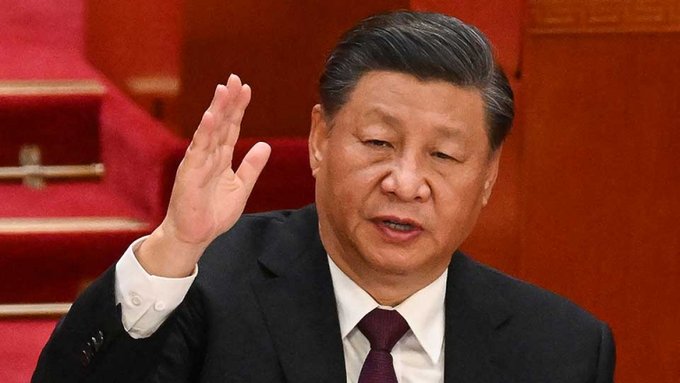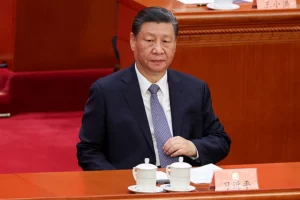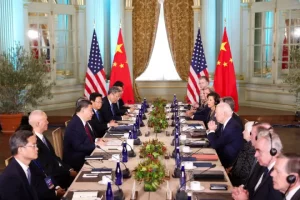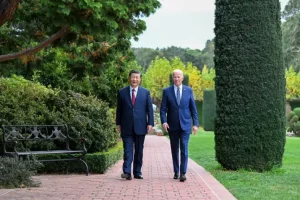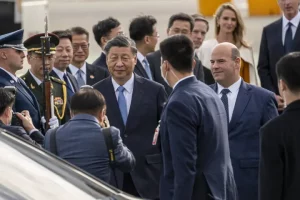China’s image across 24 countries is sliding with 67 per cent people expressing unfavourable views with just 28 per cent having a positive opinion.
A survey – China’s Approach to Foreign Policy – by US research body Pew Research Centre in 24 countries finds that 57 per cent of the respondents believe China interferes in the affairs of other countries “a great deal or fair amount”. This goes against the image cultivated by China that it does not intervene in the domestic affairs of others.
In its survey, Pew said that 71 per cent of the people believed that China does not contribute to peace and stability around the world while only 23 per cent felt it contributes to global peace.
Similarly, another 76 per cent of the people told Pew that China does not take into account the interests of their countries. Just 22 per cent of respondents thought that China takes the interests of their countries into account.
NEW: Views of China are broadly negative across 24 countries in our new survey. 🧵 https://t.co/cnNo8eicLL pic.twitter.com/2NZWMilewA
— Pew Research Global (@pewglobal) July 27, 2023
Pew conducted the survey between February 20 to May 22 this year among 30,000 adults in high and middle-income nations including India, Japan, US, Australia, Mexico, Germany, Brazil, Israel and Nigeria. The negative views about China came from high-income nations like the US, Australia, Sweden, South Korea and Japan.
Pew says: “… Indeed, in almost every high-income country surveyed, negative views currently stand at or near historic highs. In most countries, this does not reflect a significant increase over last year; rather, negative views have simply remained high in recent years”.
The report says: “Despite several high-profile diplomatic initiatives by Beijing over the past year – such as brokering a peace deal between Saudi Arabia and Iran and issuing a 12-point proposal for the end of violence in Ukraine – a median of 71% think China does not contribute to global peace and stability”.
The survey also found that most middle-income countries, except India, hold a favourable opinion of China. The report says: “India stands out as the only middle-income country in which a majority has unfavorable views of China. And in three middle-income countries – Kenya, Mexico and Nigeria – a majority even gives China a positive rating”.
Interestingly, 50 per cent American respondents also named China as the greatest threat to the US as compared to just 17 per cent naming Moscow as a threat to Washington. This is despite the fact that the US is locked in an indirect war with Russia through Ukraine.
Pew says that in the US opinions about Beijing have begun to shift in the last one year. It says that as compared to 2022, when an equal number of Americans at 43 per cent had put China and the US as the world leading economic powers, this year more Americans are likely to name the US than China as an economic power.
Pew says that “in almost every high-income country surveyed, negative views currently stand at or near historic highs. In most countries, this does not reflect a significant increase over last year; rather, negative views have simply remained high in recent years”.
The survey also mentions Chinese President Xi Jinping, who seems to be losing confidence in his global leadership. ” Across most of Western Europe, the U.S., Canada and much of the Asia-Pacific region, around half in each country say they have no confidence in him at all. Indonesia, Kenya, Nigeria and South Africa stand out as the only countries where a majority or plurality have confidence in his leadership”, says the report.
On the positive side for China, the survey also found that people in Indonesia, Nigeria and Mexico were positive about China because of its 5G technology as well as support through projects like the Belt and Road Initiative (BRI).
The survey comes at a time when China is dealing with internal challenges like a declining economy, rising unemployment, a real estate crisis as well as corruption in the PLA Rocket Forces (PLARF). China, much like the rest of the world, has not been able to shrug off the economic problems post-Covid.






